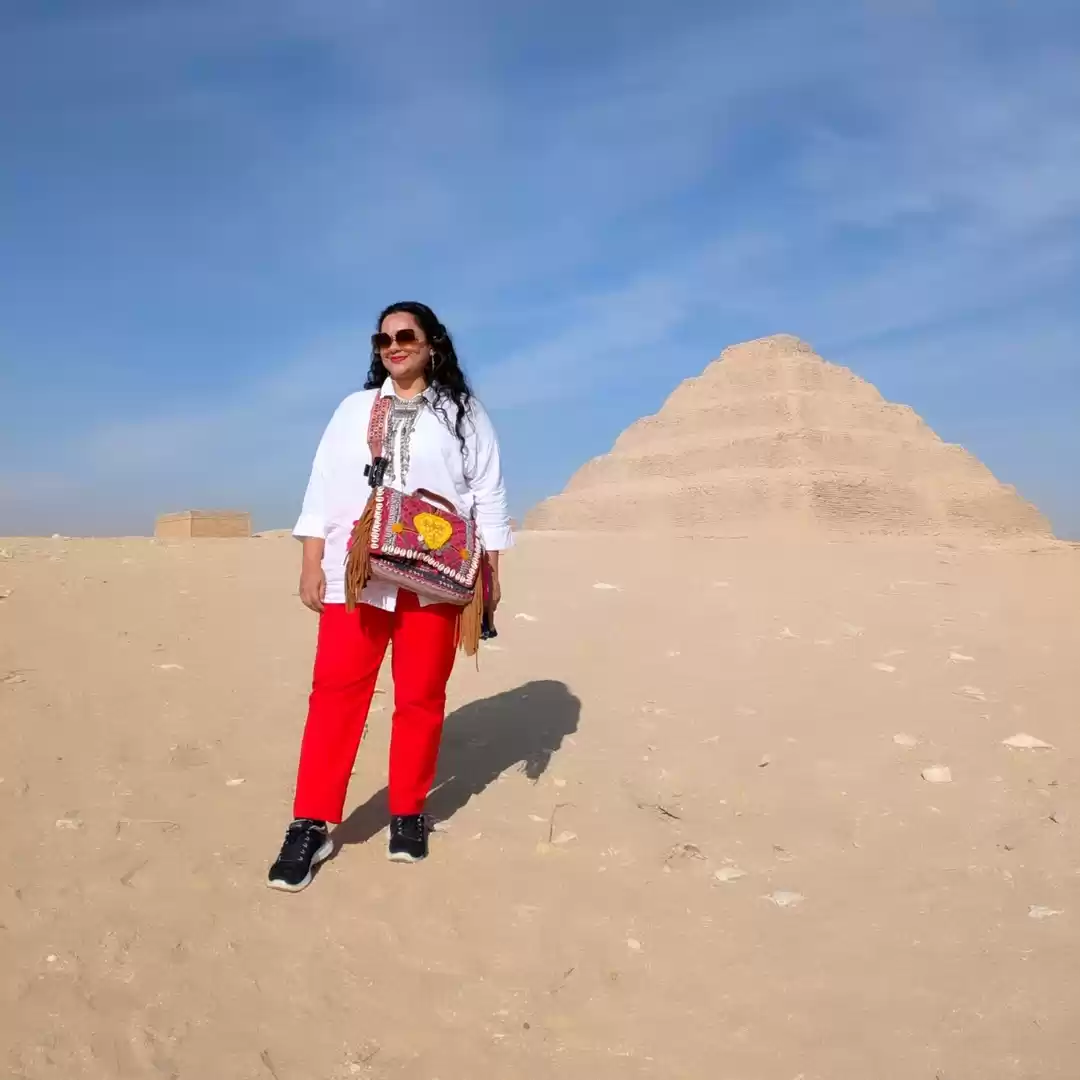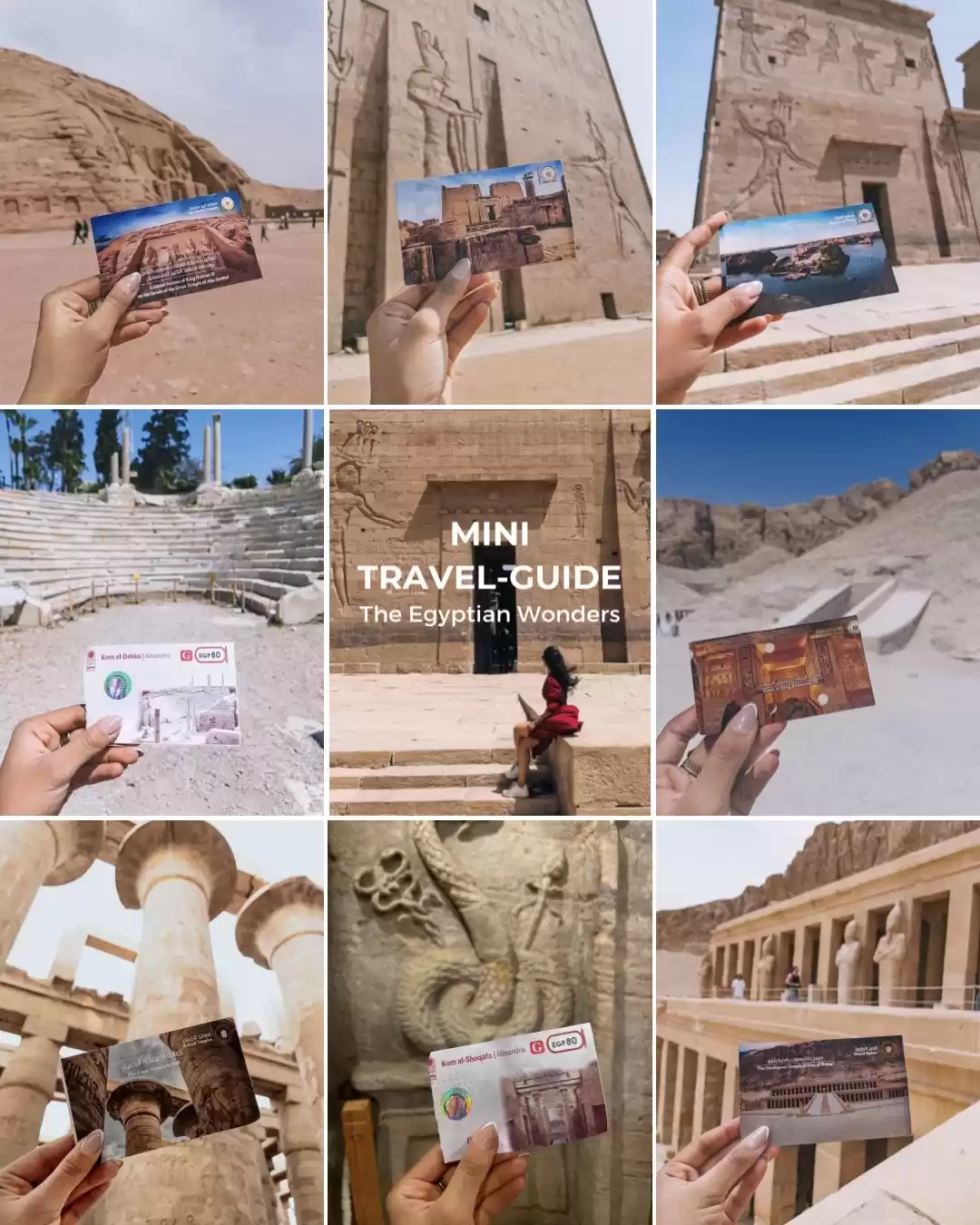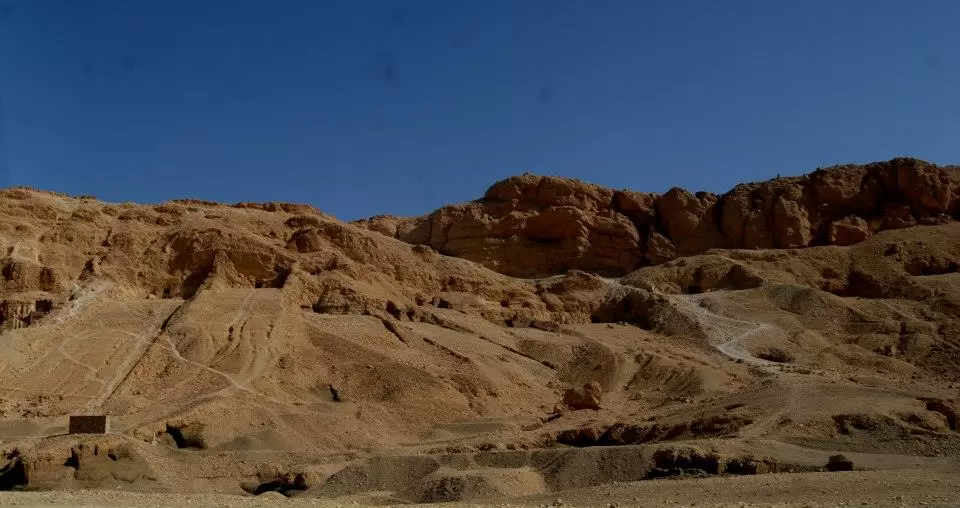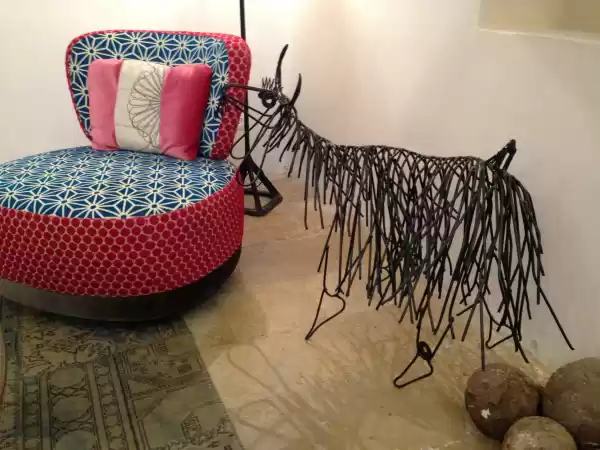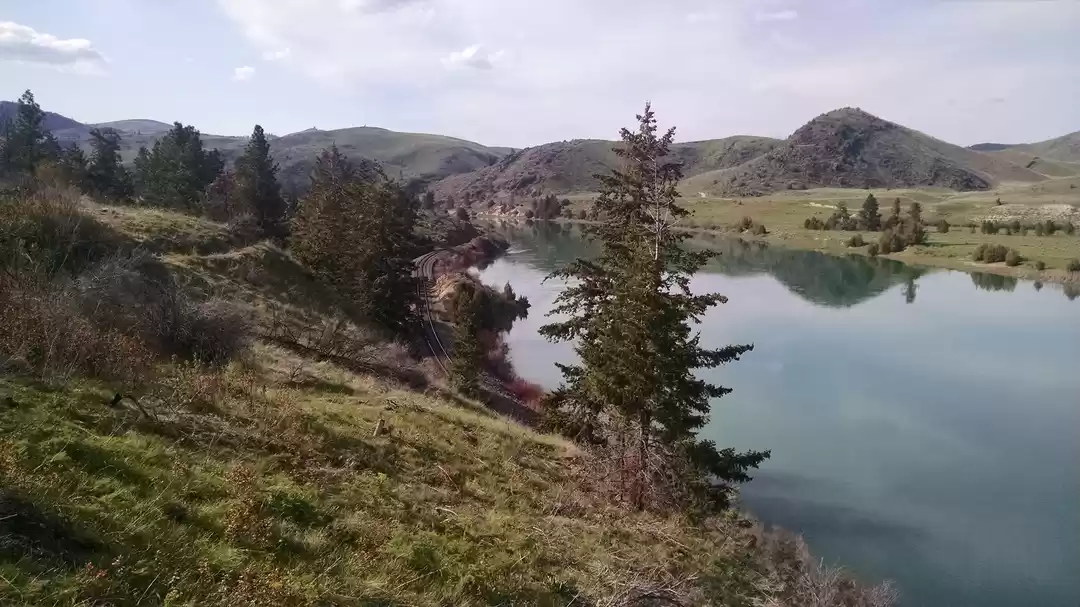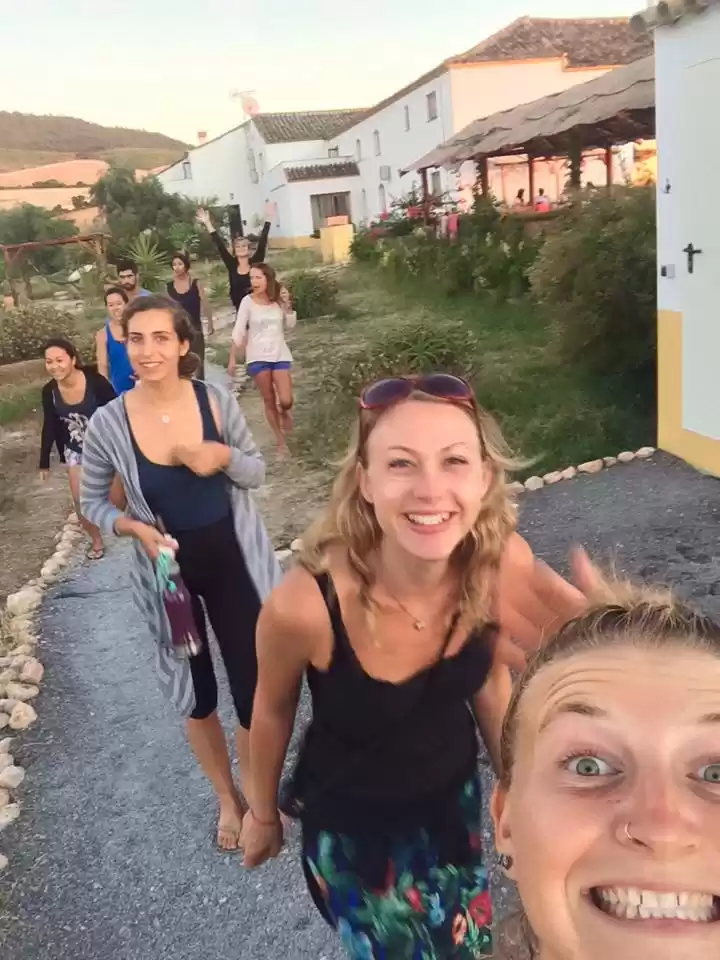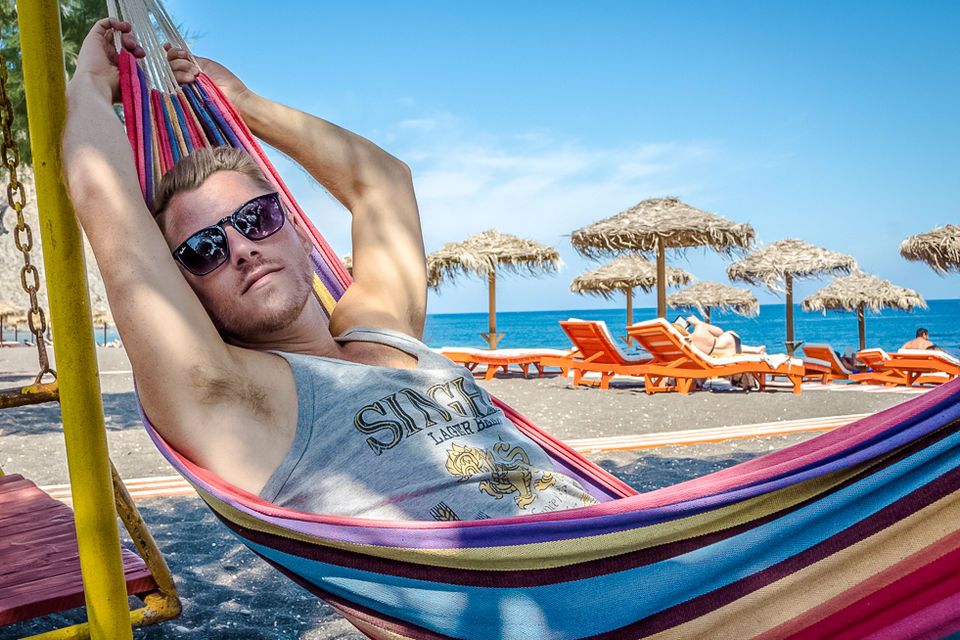
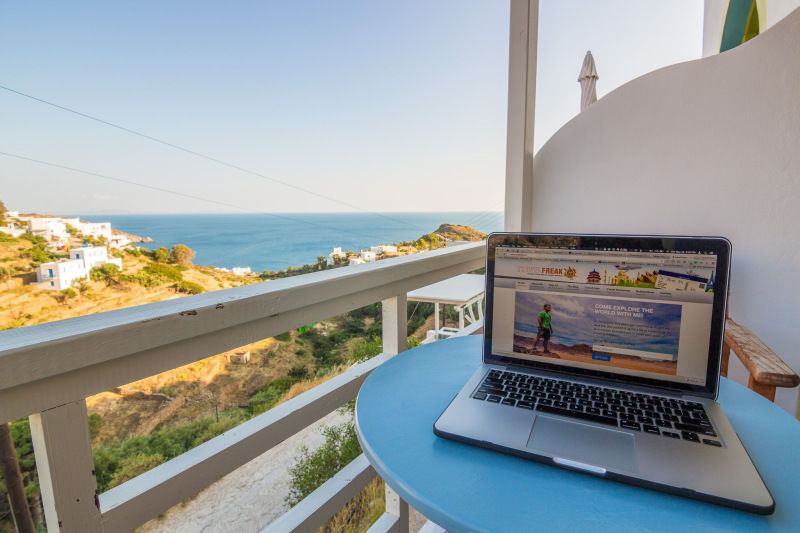


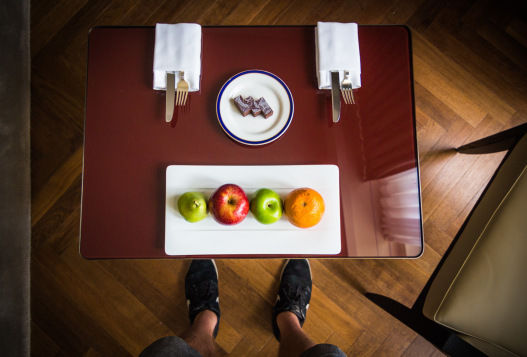


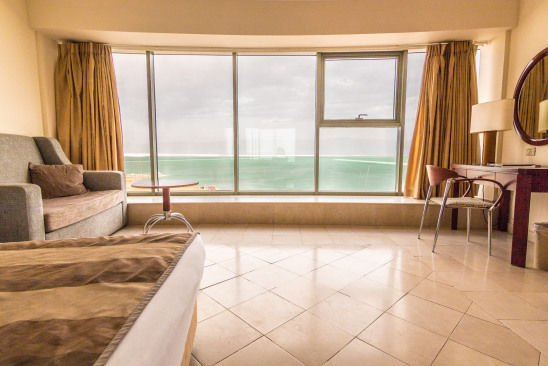
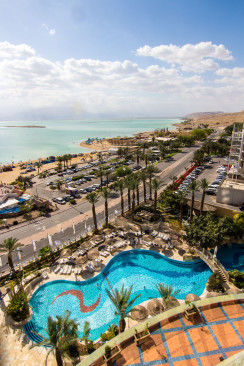
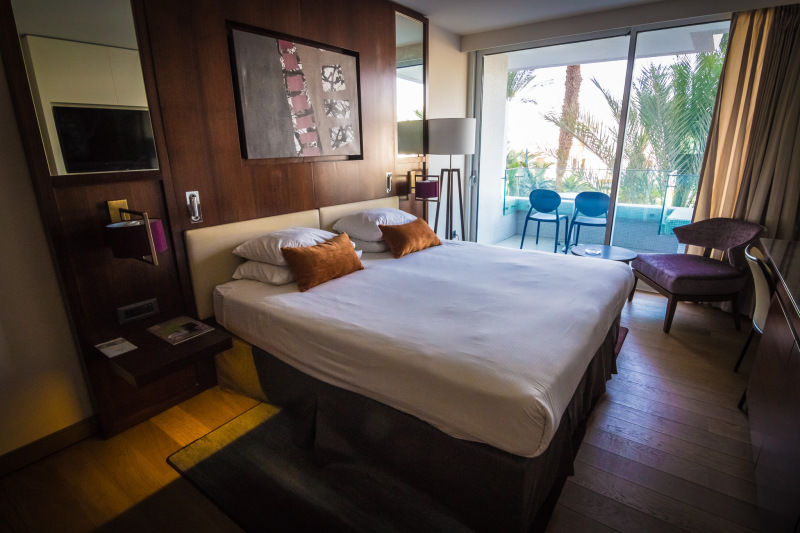
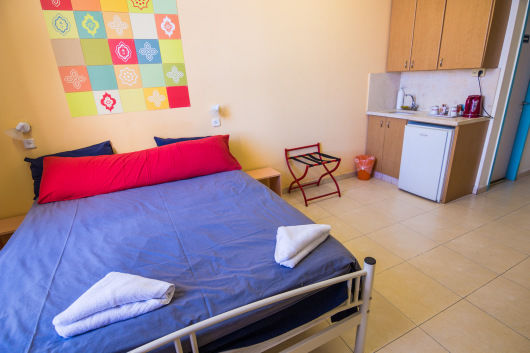

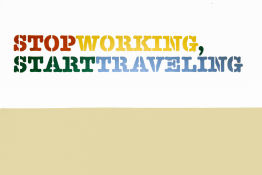
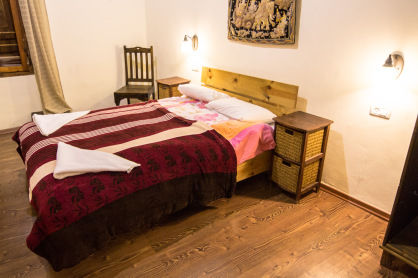
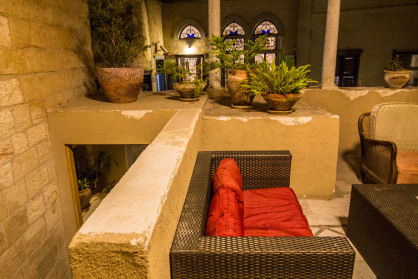
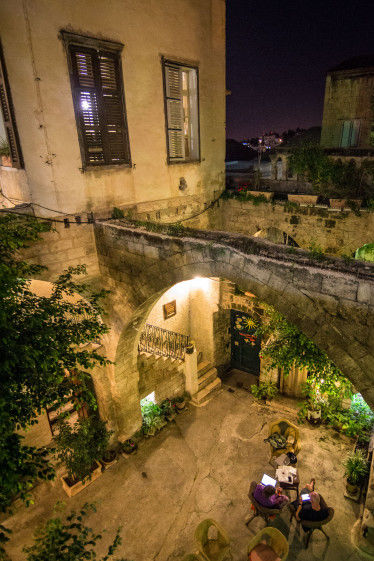
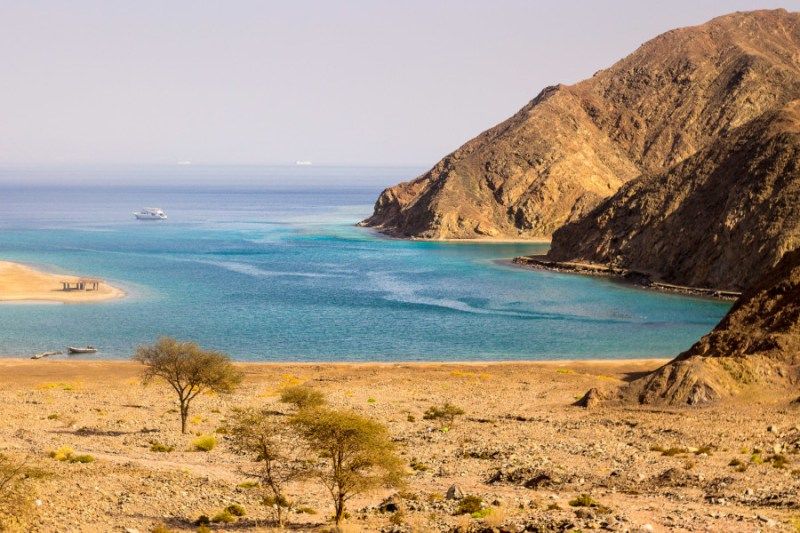
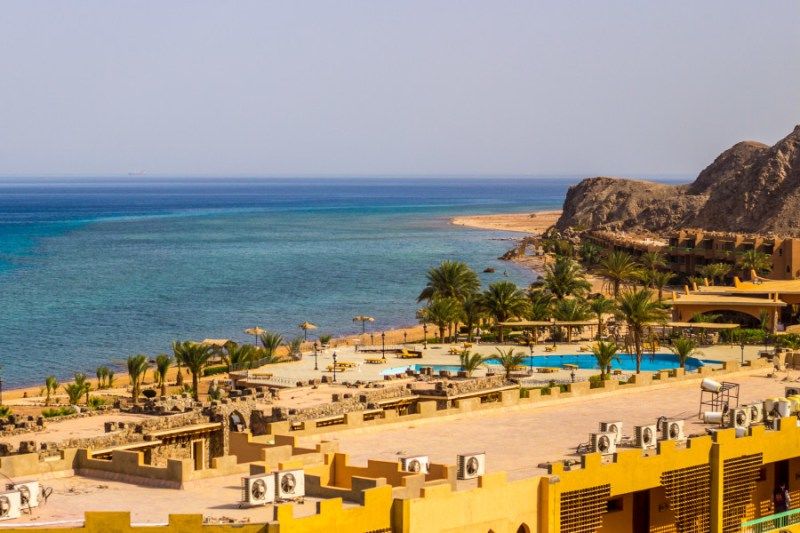
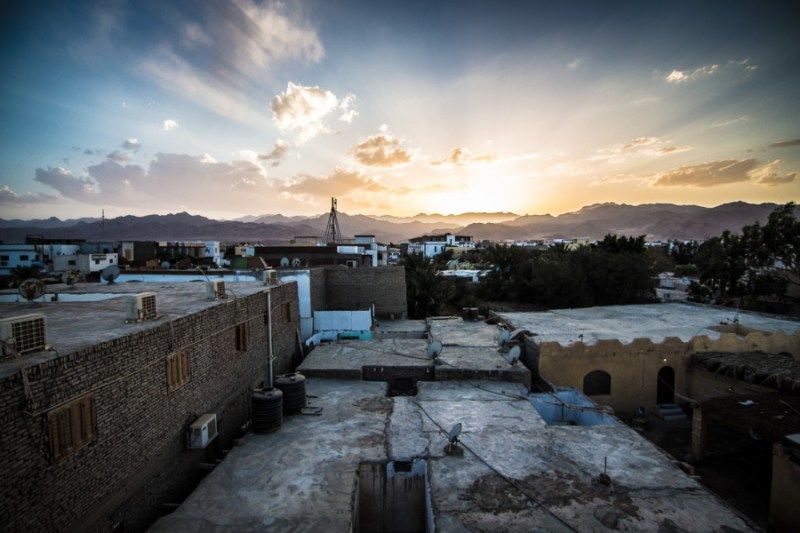
There’s always a little voice in the back of my head, and it’s never happy.
“What if you run out of money?” he asks. Frankly, it’s a good question.
My first four years of traveling, I worked in bars to afford it. I would spend three to six months working in a new city, saving up money, and then traveling for a couple of months before settling down for a while longer at a new job in a new city.
I still love working in bars, but I’m taking a hiatus to focus on personal projects while I travel. In fact, I was supposed to start a bar gig in Beijing in March, but that fell through, and I was left stranded in South America with no idea about what to do or where to go. My plans for the entire year had just hit the proverbial fan, but I accepted an invite from the Israel Ministry of Tourism and I’ve been blogging and freelancing full-time ever since then.
Somehow, I’ve managed to make it work.
I usually travel on my own dime, but the work I accept comes to me because of my travels and my blog. I’m not being paid to travel the world. I travel the world and I work at the same time.
Long-term travel means always having to watch my money and accepting an added component of risk. Because what if…?
It’s stressful sometimes. I don’t have an apartment to rely on and I don’t always know much money I’m going to make in a given month. Freelancing is a hustle–that’s the truth.
But, I get to see the world.
How I Save Money While Traveling:
My travels aren’t usually filled with luxury hotels or private rooms. Sometimes traveling can be cheaper than living at home. A bedroom in New York City, for example, can be $1,500/mo or more, whereas my entire monthly spend (food, water, shelter, transport) is often that much alone.
When I travel, there are a few key strategies that I rely on to keep my costs down.
Stay in Hostels – Long-term travel is very different from a holiday. I rarely stay in hotels and usually opt to stay in a hostel. I much prefer them anyway–it’s a great way to meet other travelers and, when you’re traveling solo, you rarely feel like you’re alone (unless you want to be). Most nights I sleep in a shared room with 3-4 other travelers. The cost of these rooms? I’ve paid between $2.50 and $40 in various parts of the world.
Travel Slowly – By staying in one place for longer, you can take advantage of weekly or monthly deals at hostels or on short-term apartment rentals (click here for $25 off your first stay with Airbnb). When you’re constantly moving, you pay full price every night, plus you’re paying for transport on a more regular basis.
Travel in Affordable Countries – If you’re looking to go on a budget holiday, Paris is not the answer. Much of my travels have taken place in countries where the conversion rate is in my favor–places like Asia, South America, and Eastern Europe are all affordable destinations.
Cook for Yourself – Unless I’m in a place where food is both delicious and affordable (I’m looking at you, Vietnam), I’m cooking for myself. Unfortunately, traveling does not mean always mean staying in luxury hotels and eating at all the best restaurants. Sometimes it means eating bread for breakfast and bland pasta for dinner, but it’s worth it.
Live Minimally – I travel with very little. Everything I need fits into two backpacks, and I am able to live a happy and fulfilled life. I have one pair of shorts, one pair of pants, five t-shirts, and other basic necessities. The only things of value that I have are my laptop and camera gear. It’s all I really need.
Partner with Travel Brands – Due to the size of my blog audience, some of the work I do involves comped stays, activities, or tours. And oftentimes I’ll get paid to write about or promote their services. Running this travel blog and working with travel brands on a freelance basis is part of the way that I’m able to afford my travels. It means that I can continue bringing you the best content that I possibly can.
You should know, though, that I always tell the truth about my experiences, and I’ll never promote a company I don’t believe in.
From Five-Star Hotels in Israel:
As a general rule, I like to travel slowly. I’ll often stay in a hostel for a couple of weeks or rent an apartment for a short period of time. Sometimes, if I’m traveling more quickly, I sleep in a different bed every night.
Part of my trip to Israel involved staying in some of the country’s most prestigious hotels. The initial purpose of my trip was to show that Israel is still a safe and viable tourist destination, and for three full weeks, my accommodations and tours were covered.
This is a job you get into for the perks, because you certainly don’t get into it for the money.
The media often skews the perspective of things in the Middle East, and while I was in Israel it became my job to showcase the best the country has to offer. (Side note: Israel is a totally safe and it is a viable tourist destination. You should visit!)
In an effort to keep us happy and well-rested, the seven of us, who were all invited, stayed in various four- and five-star hotels around Israel. I also partnered with some local providers for two weeks following the trip, and I stayed in some beautiful hostels and guesthouses.
These were my favorites:
David Citadel Hotel, Jerusalem
Cost: $600/night
Website: David Citadel Hotel
Royal Rimonim, Dead Sea
Cost: $300/night
Website: Royal Rimonim Dead Sea
Isrotel King Solomon, Eilat
Cost: $200/night
Website: Isrotel King Solomon
Abraham Hostel, Jerusalem
Cost: $25-$130/night
Website: Abraham Hostel
Fauzi Azar Inn, Nazareth
Cost: $25-$130/night
Website: Fauzi Azar Inn
…to Five Dollars a Night in Egypt:
After spending three weeks in Israel, and traveling to Jordan and Palestine from Jerusalem, the decision of where to go next was easy. If I was going to be in such close proximity to Egypt, I simply had to visit the Pyramids. I didn’t even question it.
With one week until my flight from Cairo to Greece, and with very little planned, I hopped aboard a bus from Jerusalem to Eilat, where I crossed the border into Taba, Egypt and take a bus to Dahab, in southern Sinai.
Dahab is a small tourist beach town on the Red Sea. The boardwalk is filled with shops, cafes, restaurants, and a plethora of accommodation options. Dahab is mostly well-known for its diving, especially the famous Blue Hole dive site. It used to be an Israeli beach destination (think: visiting the Hamptons for a weekend), but ever since the conflicts, the level of tourism has been paltry.
In fact, for five full hours on the bus, the only thing I could see from my window was half-built resorts that had been abandoned. One after another, hundreds of forsaken resorts were the only things that stood between the mountainous brown desert and the turquoise waters of the Red Sea. It was perhaps one of the most unique (and creepy) landscapes I’ve seen.
When I arrived in Dahab, I met a friend at a resort/hostel called Red Sea Relax. The hostel was essentially an apartment across the street from the resort, and we were allowed to use all of the facilities, including the pool. The price? $5 USD per night, and if we were diving (just $16 per dive–the cheapest I’ve found anywhere in the world), the hostel bed was free. Not a bad deal.
I spent an entire month of traveling in the Middle East and my total spent on accommodation was roughly $15.
This, of course, is not a common method of traveling, but as you can see, there are many different and affordable ways to do so. I am not rich. I created a job for myself that allows me to travel, and I find ways to save money wherever I go.
Traveling like this doesn’t make sense to many people; even my family doesn’t fully understand it. It’s not a traditional job, but many jobs these days are not. Through combining my business with my passions, I have built a life that I love. Whether it is working in a bar or working online, and whether I’m staying in a five-star hotels or a five dollar hostel, this is how I can afford to travel.
And with a little bit of confidence, hard work, and self-discipline, I believe that you can too.
Originally published on Travel Freak.





